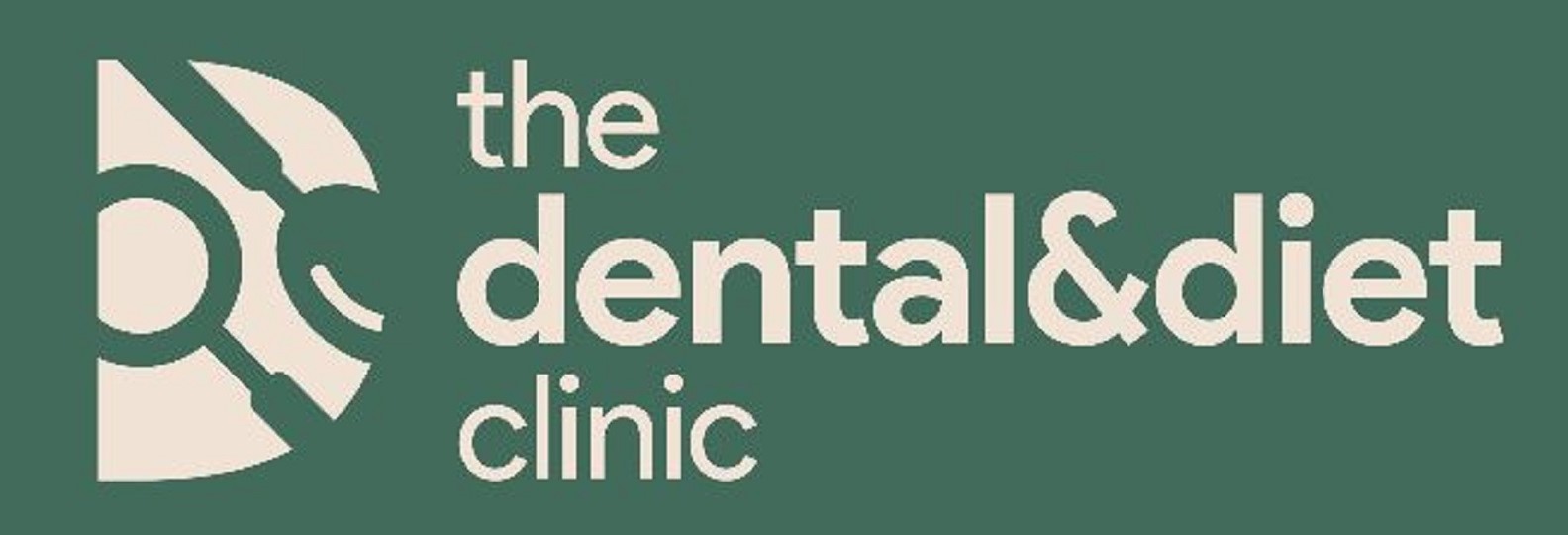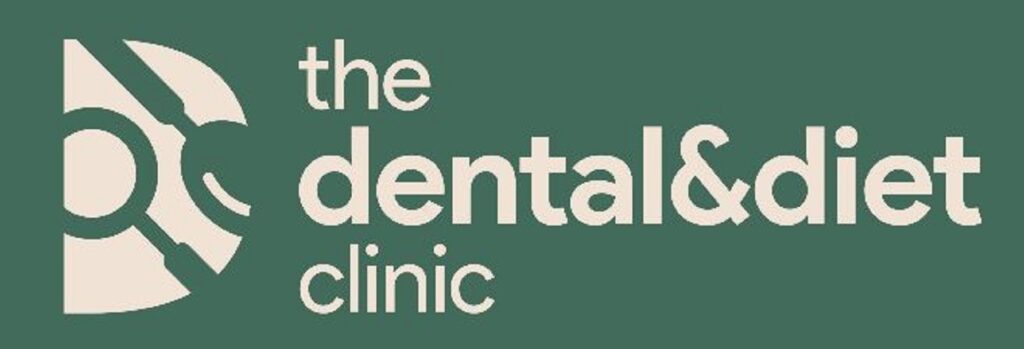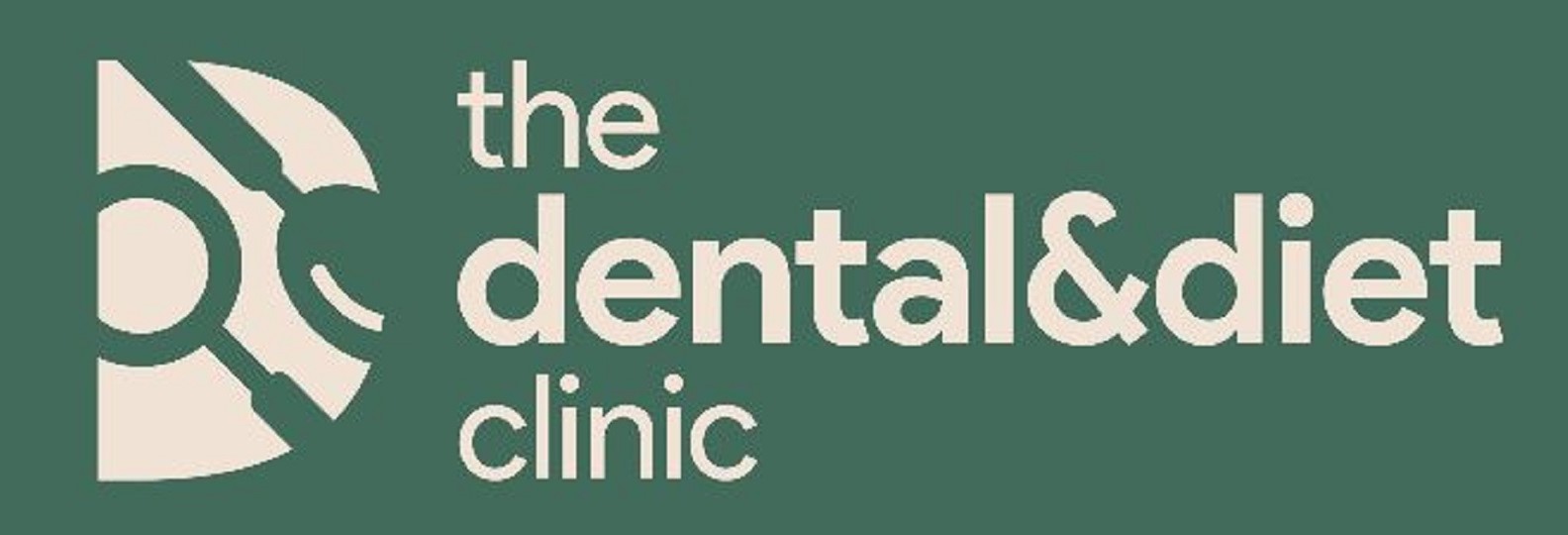Pregnancy Nutrition

Proper nutrition during pregnancy is vital for the health of both the mother and the developing baby. The body’s nutritional needs increase during this time, as it requires additional vitamins, minerals, and energy to support fetal growth and maternal health.
Key Nutrients for a Healthy Pregnancy
Folic Acid: Folic acid is essential for preventing neural tube defects in the developing baby. Pregnant women are advised to take a folic acid supplement of 400-600 micrograms daily and consume folate-rich foods like leafy greens, citrus fruits, and fortified cereals.
Iron: Iron supports the increased blood volume and helps prevent anemia during pregnancy. Sources of iron include lean meats, beans, spinach, and fortified grains. It is often recommended to pair iron-rich foods with vitamin C-rich foods (like oranges) to enhance absorption.
Calcium: Calcium is crucial for the development of the baby’s bones and teeth. Pregnant women need about 1,000 milligrams of calcium daily. Dairy products, fortified plant-based milk, tofu, and leafy greens are excellent sources of calcium.
Protein: Protein is essential for the growth of fetal tissue, including the brain, and increases the mother’s blood supply. Pregnant women should aim for 70-100 grams of protein daily from sources such as lean meat, poultry, eggs, dairy, legumes, and nuts.
Omega-3 Fatty Acids: These are vital for the baby’s brain and eye development. Foods rich in omega-3 fatty acids include fatty fish like salmon, flaxseeds, chia seeds, and walnuts.
Hydration and Weight Management
Staying hydrated is equally important during pregnancy. Water helps in the formation of amniotic fluid, supports digestion, and aids in nutrient absorption. Pregnant women should aim to drink 8-10 glasses of water daily.
Weight gain during pregnancy should be monitored carefully. While it’s normal and necessary to gain weight, excessive weight gain can increase the risk of gestational diabetes and complications during childbirth. A healthcare provider can guide healthy weight gain targets based on pre-pregnancy weight.
Foods to Avoid
Certain foods should be avoided during pregnancy to reduce the risk of foodborne illnesses and other complications. These include:
- Raw or undercooked meats and eggs: These can carry harmful bacteria.
- Certain fish high in mercury: Such as shark, swordfish, king mackerel, and tilefish.
- Unpasteurized dairy products and juices: These can contain harmful bacteria like Listeria.
- Caffeine: Should be limited to less than 200 mg per day (about one 12-ounce cup of coffee).
The Role of Prenatal Vitamins
While a balanced diet provides most of the necessary nutrients, prenatal vitamins are recommended to ensure adequate intake of key nutrients like folic acid, iron, and calcium. It’s important to consult with a healthcare provider to choose the right prenatal vitamin.



